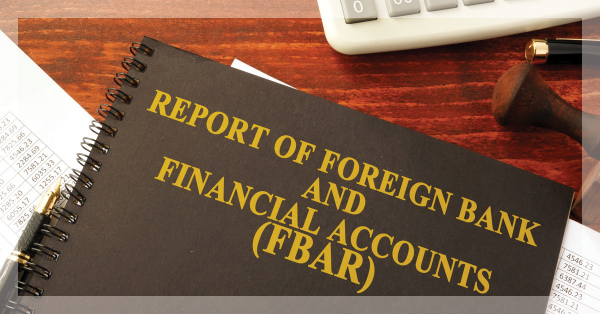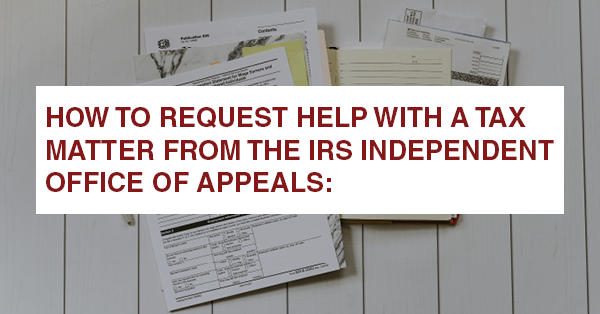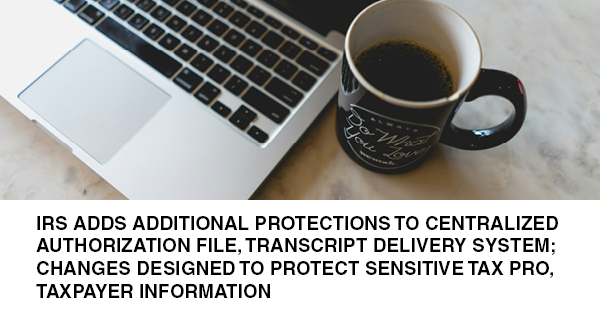FBAR FILING OBLIGATIONS

The Report of Foreign Bank and Financial Account (FBAR) is due April 15. Those who do not meet the April 15 due date must file by October 15, which is the automatically extended due date for the FBAR. There is no request for the extension – it is granted automatically if the report is not filed on or before April 15 (this due date was not extended with the Form 1040 to April 18).
The IRS has issued a fact sheet (FS-2022-24) providing details on the requirement that U.S. persons file foreign bank account reports if they have specified financial interests in some accounts in foreign countries and the aggregate value of those accounts exceeds $10,000 at any time during the calendar year.
According to the fact sheet, a U.S. person is a citizen or resident of the United States or any domestic legal entity such as a partnership, corporation, limited liability company, estate, or trust. A foreign country includes any area outside the United States, the District of Columbia, Indian lands (as defined in the Indian Gaming Regulatory Act), and specified U.S. territories and possessions.
U.S. persons required to report their foreign accounts should file the FBAR electronically by April 15 using the Financial Crimes Enforcement Network's BSA E-Filing System. Any person or entity that misses the deadline will receive an automatic extension until October 15 to file. If two people (other than spouses who meet specified requirements) jointly own a foreign financial account, or if several people each own a partial interest in an account, each person has a financial interest in that account and must report the entire value of the account on an FBAR.
FBAR filers are required to reasonably calculate and report the greatest value of currency or non-monetary assets in their accounts during the calendar year. They may rely on their periodic account statements issued at least quarterly if the statements accurately show the greatest account value during the year. Foreign currencies must be converted into U.S. dollars using the Treasury Bureau of the Fiscal Service exchange rate on the last day of the calendar year. If that rate is not available, a filer may use another valid exchange rate and provide the source of the rate.
The fact sheet also includes information on amending FBARs, filing late FBARs, penalties for failure to file, recordkeeping, and obtaining additional help.
Publication 5569, Report of Foreign Bank & Financial Accounts (FBAR) Reference Guide, addresses the purpose of the FBAR, who must file, who need not file, the types of accounts covered, how to determine maximum account value, and penalties for not reporting. Examples included, as are definitions of terms. The IRS says the guide also helps examiners consistently and fairly administer FBAR examination and penalty programs.




